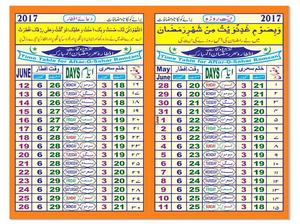
The calendars that I’ve been compiling and referencing are important design precedents, because they’re coming from communities that you and I can connect with. They’re compelling visual materials, they’re typographically robust, and they’re doing things that I can’t fully grasp. I don’t know exactly how all of these calendars were made. I can only guess, and there’s something special about that.
— Shiraz Abdullahi Gallab, With and Without a Firm Grasp, Part II
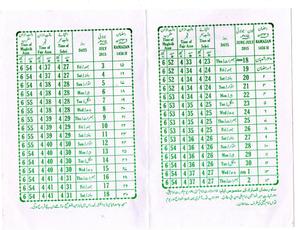
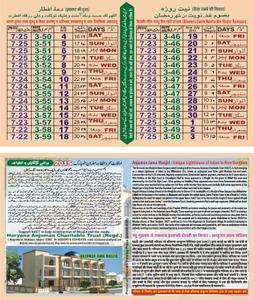
There are several ways of arranging the information on these calendars, since we’re looking at a grid of five prayer times per day, and normally 30 or 31 days per printed calendar. The data can be arranged so that your eyes scan through the daily prayer times row by row or column by column.
Forough Abadian, With and Without a Firm Grasp, Part II
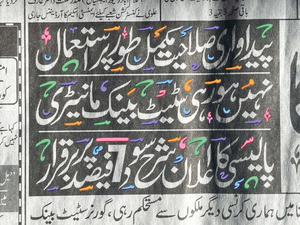
I’m an American Muslim who toggled between living in the States and visiting Sudan as a child. As I spent more time in Sudan and compared those experiences with living in the US, I found that American Muslim communities have a heightened sense of identity that is informed by our vulnerability in this country. We’re very vulnerable to different policies and threats posed against us. Because of that — because we live in the margins of American society where we are regular targets, where we’re not, you know, governed by a body that reflects us — there’s a lot that we have to preserve and protect for the sake of survival, or even for the sake of feeling grounded in our day-to-day happenings.
— Shiraz Abdullahi Gallab, With and Without a Firm Grasp, Part II
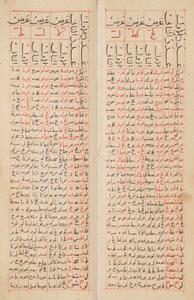
Do we want to rely so heavily on today’s technology for things like prayer and fasting? Or do we want to find other routes of seeking and supplying this information that gets us offline and perhaps brings us in closer physical proximity to one another?
— Shiraz Abdullahi Gallab, With and Without a Firm Grasp, Part II
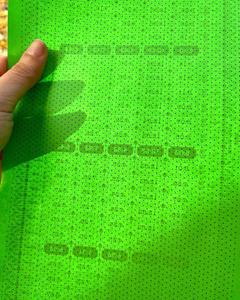
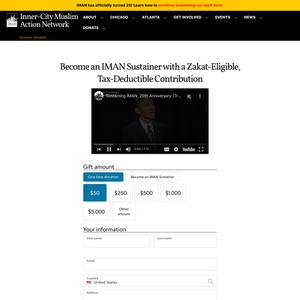
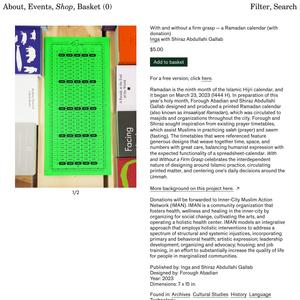
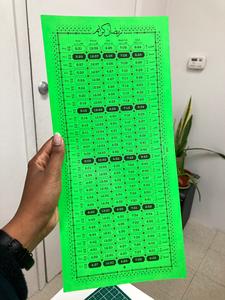
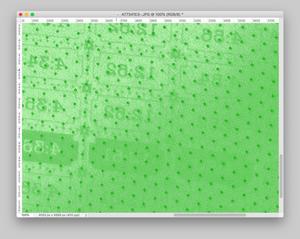
I don’t know how to describe it. I’ve always had this complex relationship with the Arabic language where I appreciate it, but because I grew up hearing both English and Arabic at the same time, and because I intuitively think and speak in English, it's an added process for me to act like I know Arabic. But it’s also an important aspect of who I am, and I don’t want to lose access to that.
— Shiraz Abdullahi Gallab, With and Without a Firm Grasp, Part II
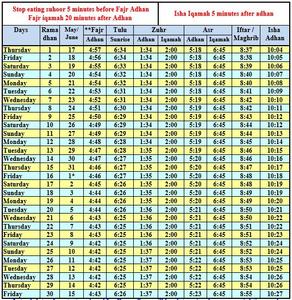
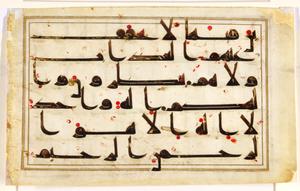
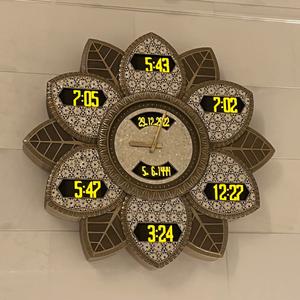
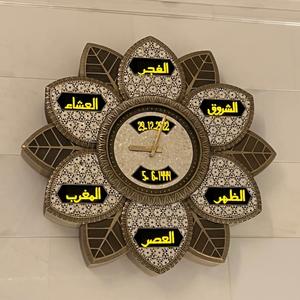
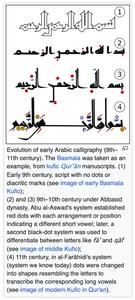
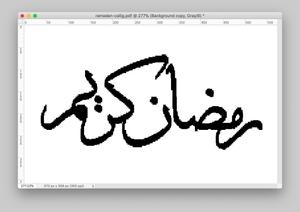
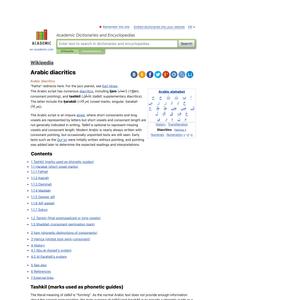

about 2 months ago